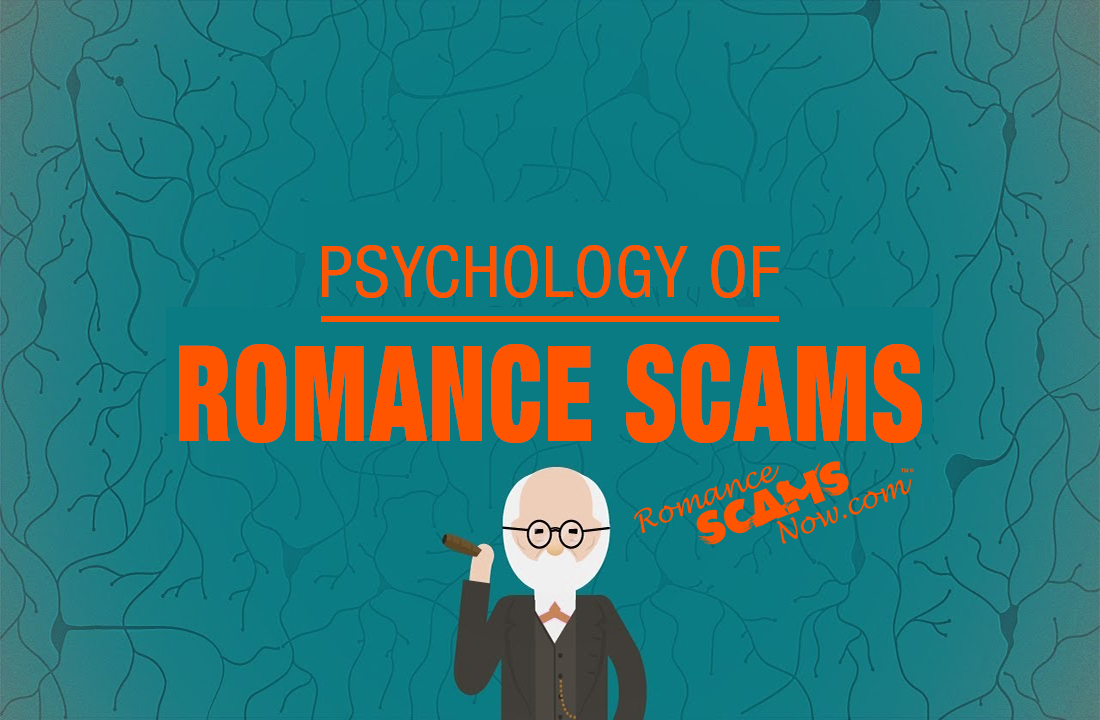Psychology of Scams
The emotional traps to watch out for
Criminals are using age-old techniques to manipulate the way we think and act, leaving us vulnerable to scams. IDCARE counsellor Suli Malet-Warden explains the psychological games that scammers play to entrap their victims.
ROMANCE SCAMS
During the grooming stage, the criminal works on eliciting a high level of trust to manipulate the victim into what the criminal terms the ‘ether state’.
This state is characterised by high oxytocin levels which are increased through ‘love bombing’; validating the victim, telling him or her how wonderful they are, sending love notes and love poems through the day and relentlessly, emotionally bombarding them with ‘love vibes’.
When the criminal has manipulated the victim into this state, they can start asking for money, often citing plausible (but at the same time, unusual) reasons, such as accidents, lost wallets or banking issues.
The victim is encouraged to keep messaging through the night, leading to sleep deprivation, which also has a detrimental effect on cognitive function.
The criminal will paint a vivid and highly potent picture of a future life together. Because the victim will want to believe everything the criminal says, they will employ selective thinking.
The victim will filter out any observations that run contrary to their belief in their love interest’s story. This is why it is so difficult for well-meaning friends or family members to convince the victim they are falling for a scammer.
SEX & LIES
Visceral cues also have a powerful effect on behaviour and victims tend to underestimate the potential influence on their own behaviors.
Sexual desire is a common visceral factor for romance scam victims who are often lured into conversations of a sexual nature and dreams of an intimate future relationship.
The stronger the ‘pull’ for sexual connection, the less a victim is aware of anomalies in the criminal’s story.
THE ATO SCAM
This scam relies on the scammer’s ability to send the victim into ‘amygdala hijack’.
This is an evolutionary response to any threat to our safety and security. We are pre-wired for this response, which goes back to the days where we needed to avoid threats that would kill us.
Amygdala hijack shuts down the pre-frontal cortex, which is our rational, logical ‘executive function’ part of our brain. This causes us to act and not think.
There is a strong influence on the importance of taking immediate action. For example, during the Australian Tax Office scam, an individual is convinced by the criminal that if they do not make immediate payment, they will be arrested and incarcerated.
The fear response to this news causes amygdala hijack.
WORTH IT
Once the victim starts parting with money they are susceptible to another psychological process called ‘induction of behavioral commitment’. This makes them more motivated to give more money in the belief they will get it all back.
Scammers ask the victim to make small steps of compliance to build trust and increase motivation through imagining the ‘size of the prize’. The victim feels committed to keep sending money.
Criminals make sure the story of a better life through the relationship, or through lottery winnings, or inheritances, is vivid enough to strengthen the motivation and faulty decision making.
HOW DOES IT FEEL?
Victims are often so shamed at falling victim that they are unwilling to share their story with others, leading them to internalize their shame.
This increases the negative effect of shame, which can then trigger depression and PTSD.
Common feedback run along the lines of, “I feel so stupid”, “I can’t believe I fell for this”, and “I’m normally so careful”.
Victims also feel a lack of trust, both in themselves and in the community at large. They do not trust their own ability to discern right from wrong, or good from bad, increasing their feelings of vulnerability and emotional violation.
This is why it is important that victims seek professional advice from counselors like IDCARE in Australia New Zealand or Romance Scams Now, to help them work through their shame and grief.
If you are the victim of a romance scam in Australia or New Zealand – we recommend: IDCARE is a not-for-profit support service for Australian and New Zealand victims of cyber crime and identity fraud. They can be contacted on 1300 432 273.
Or you are welcome to contact us ON FACEBOOK OR EMAIL about joining one of our online support groups on Facebook. To reach us by email: info@RomanceScamsNow.com
Reprinted from: http://www.abc.net.au/news/2017-02-27/psychology-of-scams/8306060 for educational purposes



Leave A Comment